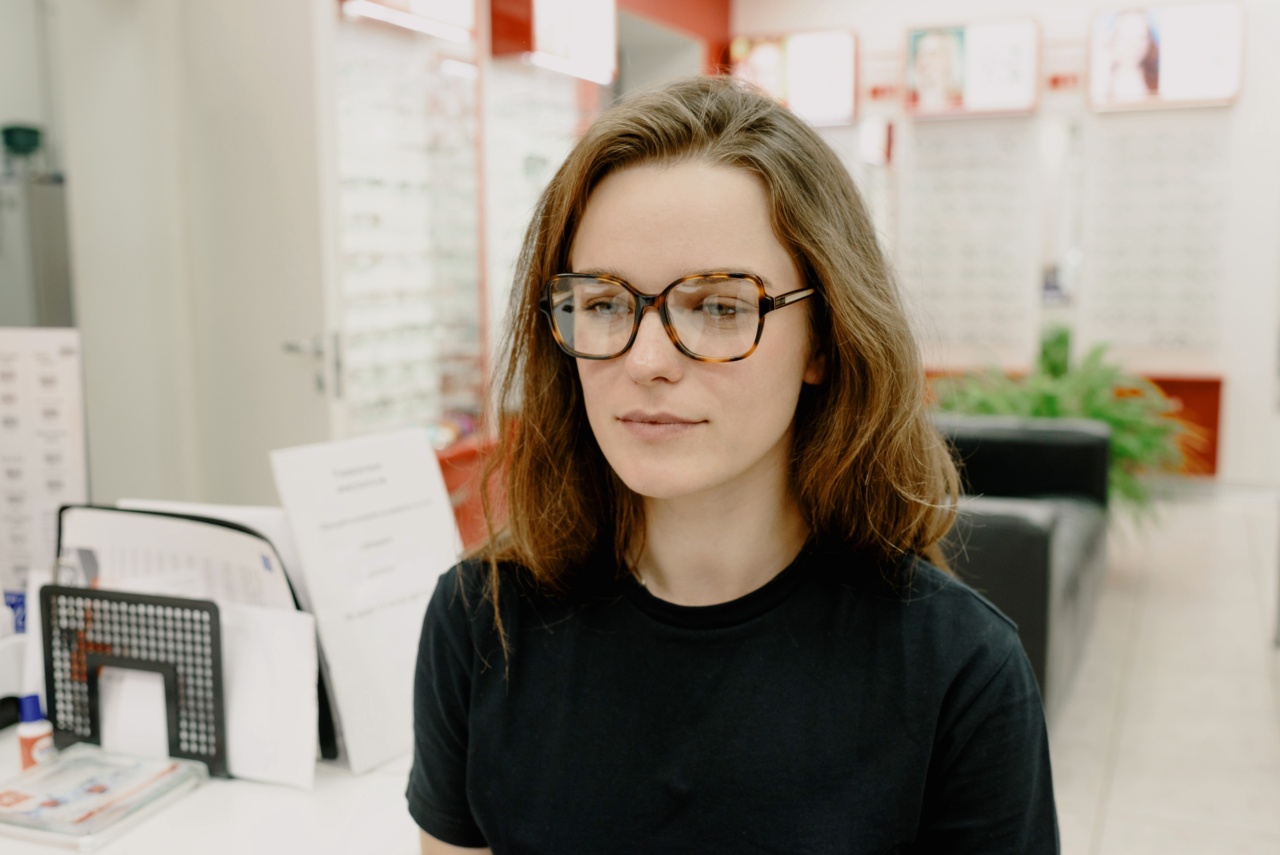A good night’s sleep is essential for overall health and well-being. However, many people struggle with sleep problems that can leave them feeling tired and groggy throughout the day.
One often-overlooked factor that can affect sleep quality is the use of electronic devices, such as smartphones, tablets, and computers, before bedtime.
These devices emit blue light, which can interfere with the body’s production of melatonin, a hormone that regulates sleep and wakefulness.
The blue light exposure from electronic devices can disrupt the natural sleep-wake cycle, making it difficult to fall asleep and stay asleep. One solution to combat this issue is to choose glasses specifically designed to block blue light.
Understanding Blue Light
Before delving into how to choose the right glasses for improved sleep, it is essential to understand what blue light is and how it impacts sleep.
Blue light is part of the visible light spectrum and has a shorter wavelength and higher energy than other colors. It is present in natural sunlight and is responsible for regulating the body’s internal clock.
Exposure to blue light during the day helps promote alertness, attention, and cognitive function.
However, when exposed to blue light at night, especially from electronic devices, it can suppress the release of melatonin and make it more challenging to fall asleep. This is because blue light mimics daylight and confuses the brain into thinking it is still daytime.
The Benefits of Blue Light Blocking Glasses
Blue light blocking glasses are becoming increasingly popular due to their potential benefits in promoting better sleep.
These special glasses are designed to filter out a significant portion of the blue light emitted by electronic devices, allowing melatonin production to remain on track and improving sleep quality.
Some of the significant benefits of using blue light blocking glasses include:.
1. Improved Sleep Quality
By blocking blue light in the evening, these glasses can help regulate your body’s internal clock and promote better sleep quality.
They can make it easier to fall asleep and stay asleep throughout the night, leading to more restful and rejuvenating sleep.
2. Reduced Eye Strain
Constant exposure to blue light from electronic devices can lead to eye strain, dry eyes, and discomfort.
Blue light blocking glasses minimize the amount of blue light entering the eyes, reducing potential eye strain symptoms and maintaining overall eye health.
3. Enhanced Circadian Rhythm
Wearing blue light blocking glasses in the evening can help regulate your circadian rhythm, which is your body’s natural sleep-wake cycle.
By keeping your internal clock in sync, you can experience more energy during the day and better sleep at night.
4. Increased Melatonin Production
Blue light blocking glasses allow your body to continue producing melatonin in the evening, even when exposed to artificial blue light sources.
This hormone is crucial for sleep regulation and can help you fall asleep faster and experience deeper sleep.
Choosing Blue Light Blocking Glasses
When selecting glasses to reduce blue light exposure and improve sleep quality, consider the following factors:.
1. Look for Glasses with Amber or Orange Tint
Glasses with an amber or orange tint are effective at blocking blue light. Look for glasses specifically designed for blue light blocking, as they will have the necessary tint to provide maximum protection.
2. Opt for Glasses with a High Blue Light Blocking Percentage
Check the product specifications to ensure that the glasses offer a high percentage of blue light blocking. The higher the percentage, the more effective the glasses will be in reducing blue light exposure.
3. Consider the Style and Fit
Choose glasses that you feel comfortable wearing, both in terms of style and fit. If the glasses are not comfortable, you may be less likely to wear them consistently, reducing their effectiveness in improving sleep quality.
4. Consult with an Optometrist
If you have specific concerns about your sleep quality or eye health, it is always a good idea to consult with an optometrist.
They can provide personalized recommendations based on your individual needs and help you choose the right glasses for improved sleep.
Establish a Nighttime Routine
While wearing blue light blocking glasses can be beneficial, it is essential to establish a nighttime routine that promotes better sleep. Consider incorporating the following habits into your routine:.
1. Limit Screen Time Before Bed
Avoid using electronic devices, such as smartphones and tablets, for at least one hour before bedtime. This allows your body to naturally prepare for sleep without the interference of blue light.
2. Create a Relaxing Environment
Make your bedroom a sleep-friendly space by keeping it dark, quiet, and cool. Use soft lighting, such as dimmed lamps or candles, to create a calming ambiance.
3. Establish a Consistent Sleep Schedule
Try to go to bed and wake up at the same time every day, even on weekends. This helps regulate your body’s internal clock and promotes a more consistent sleep pattern.
4. Limit Stimulants
Avoid consuming caffeine, nicotine, and alcohol close to bedtime, as they can disrupt sleep and make it more challenging to fall asleep and stay asleep.




























